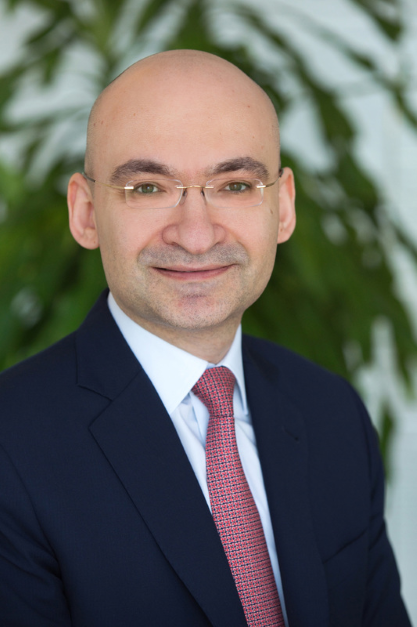The United Arab Emirates (UAE) financial wealth will experience a sturdy Compound Annual Growth Rate (CAGR) of 6.7% in new wealth, rising from USD 0.7 trillion to a high of USD 1 trillion from 2021 – 2026, according to a new report by Boston Consulting Group (BCG).
The report titled, Global Wealth 2022: Standing Still Is Not an Option, shows equities and investment funds in the UAE make up the largest asset class at 64% of total personal wealth in 2021 and are by 2026 expected to grow the fastest with a CAGR of 8.8%. Whereas currency and deposits represent the second largest class at 29% of total personal wealth in 2021, bonds make up a mere 3%. It is expected life insurance and pensions will become the fourth largest asset class over the next five years.
“We see the Middle East and Africa financial wealth growing year after year, with the UAE in particular, excelling, despite a tremulous global market. In fact, the UAE represented 10.2% of the Middle East and Africa’s financial wealth in 2021, having grown 6.4% every year since 2016 to USD 0.7 trillion,” said Mustafa Bosca, Managing Director and Partner, BCG.
In 2021, approximately 41% of the UAE’s wealth derived from Ultra High Net Worth (HNW) individuals who are worth more than USD 100 million, with this expected to grow to 43% in 2026, whereas individuals with wealth ranging above USD 1 million held 28% of the UAE’s wealth in 2021 and is expected to remain the same by 2026.
Other findings from the report:
Net-zero Is an Immediate Imperative
Although people tend to think of net-zero as a 2050 goal, the report notes that wealth managers must act immediately to embed sustainable investing across the entire client life cycle.
Crypto: An Untapped Market for Wealth Managers
The opportunity for wealth managers is clear: nearly 80% of clients surveyed said that they would consider increasing their crypto holdings if wealth managers offered advisory and education services. Two-thirds of clients who sourced their crypto investment with third parties said that they did so because they didn’t think their wealth managers offered such services. To determine whether crypto is right for their businesses, wealth managers must consider if, when, and how they want to participate.
Personalization as a Driver of Top-Line Growth
On average, wealth managers that excel at customizing offers and interactions see higher rates of client satisfaction and lower rates of churn than others do. Personalization is a complex undertaking that requires introducing new data and analytics, connecting processes across the firm’s front, middle, and back offices, and changing ways of working. In the report, BCG identifies three actions that wealth managers vying to deliver individualized service at scale can take to improve personalization: prioritize capabilities that recur across journeys; design for value and scale; and back good ideas with the right enablers.
The Digital Wealth Management Premium Is Real
The valuation multiples of digital wealth management firms are six or seven times as high as those of traditional wealth managers. Digital wealth management institutions are delivering faster customer growth, cheaper cost structures, and superior rates of innovation. To protect their future profitability, traditional wealth managers must evolve with the times.
“The wealth management agenda is getting more crowded—and the items on it more urgent. Net-zero, crypto, personalization, and digitization are not merely arenas that leaders can simply consider. They are imperatives whose outcomes will determine which institutions grow client share over the next five years. The most important question facing wealth managers right now is not which initiatives to prioritize—but how best to execute on all of them,” concluded Bosca.











